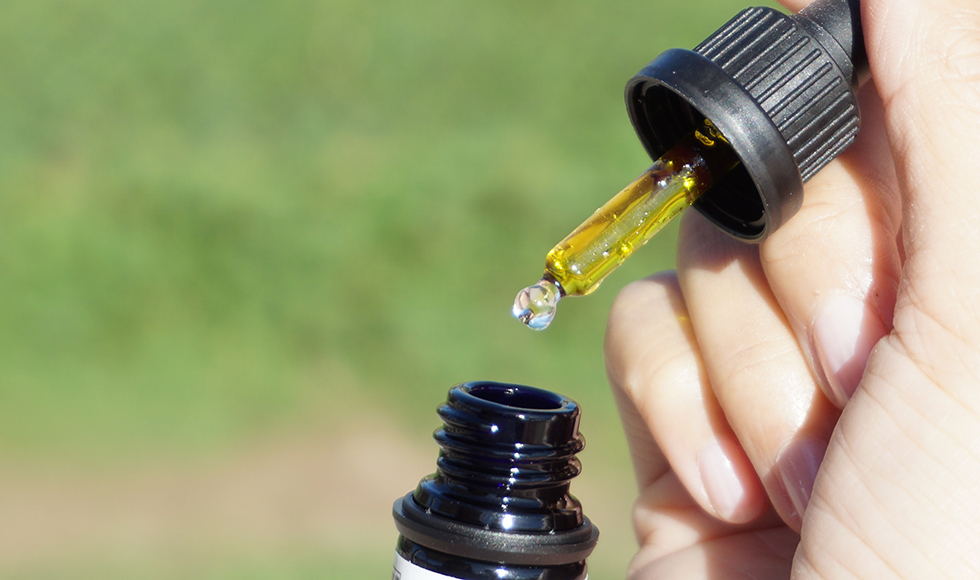Unexpected changes in cannabis use following legalization

Photo: Flickr.com; elsaolofsson, CBD Oracle
June 23, 2021
In the year following legalization, regular cannabis users actually reduced their consumption, says a study by Hamilton researchers. Furthermore, participants who were not using cannabis showed significant increases in consumption.
Researchers monitored the cannabis use of 1,502 Ontarian adults, measuring behavior 6-months before legalization in October 2018, then conducting follow-up assessments of the same people 6- and 12-months after legalization.
The study sample was split roughly evenly between men and women with an average age in the late thirties, generally mapping on population demographics.
“People speculated there would be a spike in cannabis use after legalization, but the emerging theme seems to be ‘not so fast.’ That was not the case at all for people using cannabis regularly before legalization,” said study author James MacKillop, director of the Peter Boris Centre for Addictions Research of McMaster University and St. Joseph’s Healthcare Hamilton.
According to MacKillop, “one possibility is that regular users of illicit cannabis had more difficulty buying the drug, as the underground market was disrupted by legalization.”
While regular users cut their consumption, non-users increased their cannabis use after the drug was legalized.
MacKillop said a possible reason for this was the appeal of the legal market: cannabis was now available in government-regulated stores and subject to strict quality controls.
“These were certainly somewhat unexpected patterns, but they illustrate that legalization is not going to have a uniform impact on all Canadians by any means,” said MacKillop.
“Rather, legalization’s impact will likely have a multi-faceted impact on the population, so we will need to carefully evaluate how cannabis use will change in subgroups, such as seniors, young adults, and recent adopters, among others.”
MacKillop’s team also found a secondary trend: 15 per cent of the people surveyed just before legalization inaccurately predicted their future cannabis use.
Most of these erroneous predictions were from new cannabis users who only started consuming the drug post-legalization.
“We wondered how well people could predict their behavior following legalization and we found it was far from perfectly reliable,” said MacKillop.
The study is unusual because few investigations have followed the same people across the transition of legalization. MacKillop said the study’s findings would help inform both federal and provincial governments in reviewing the impacts of The Cannabis Act and addressing the evolving changes in cannabis use in Canada.
The team’s findings were published in the journal Drug and Alcohol Dependence.
Funding for the study came from the Michael G. DeGroote Centre for Medicinal Cannabis Research and the Peter Boris Chair in Addictions Research.


